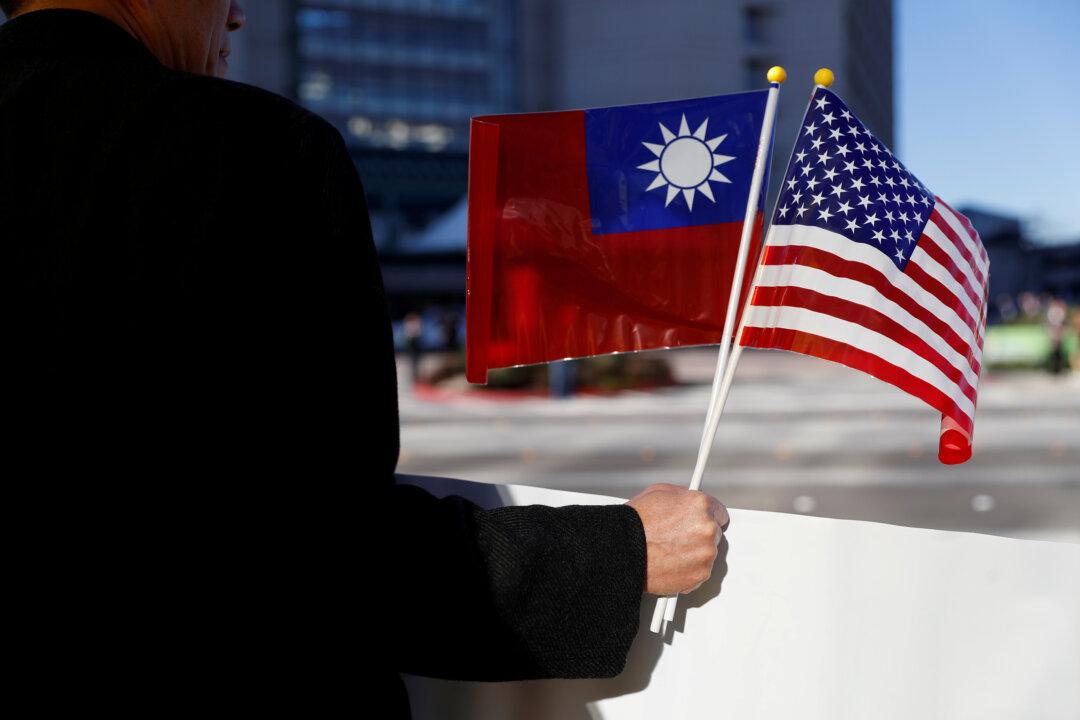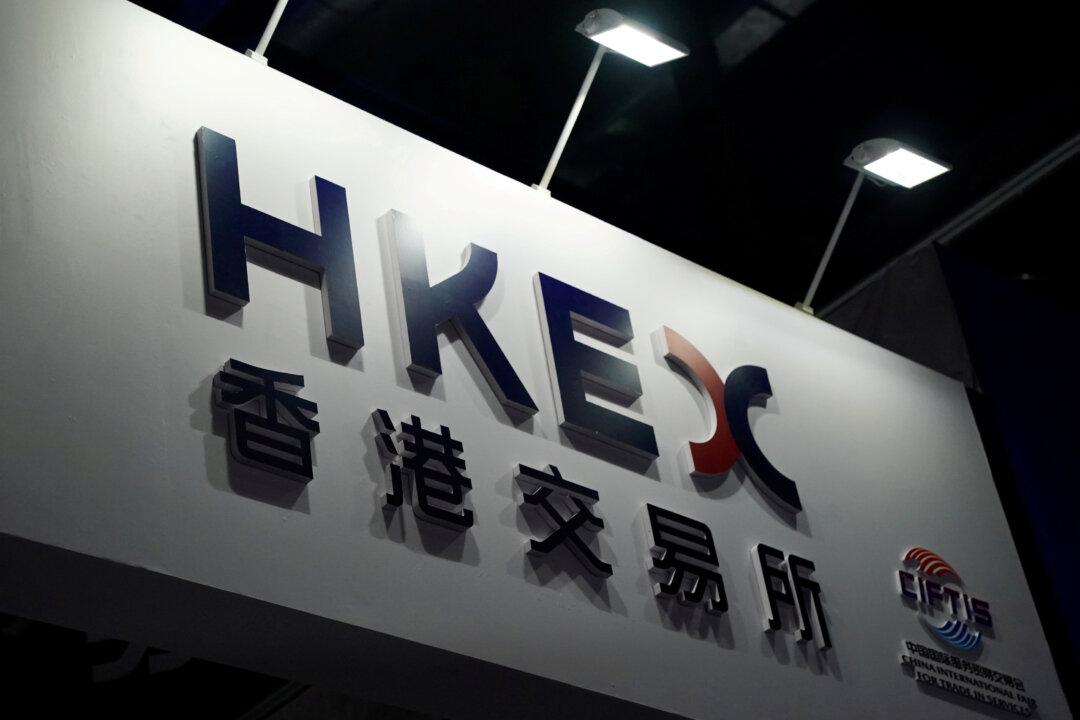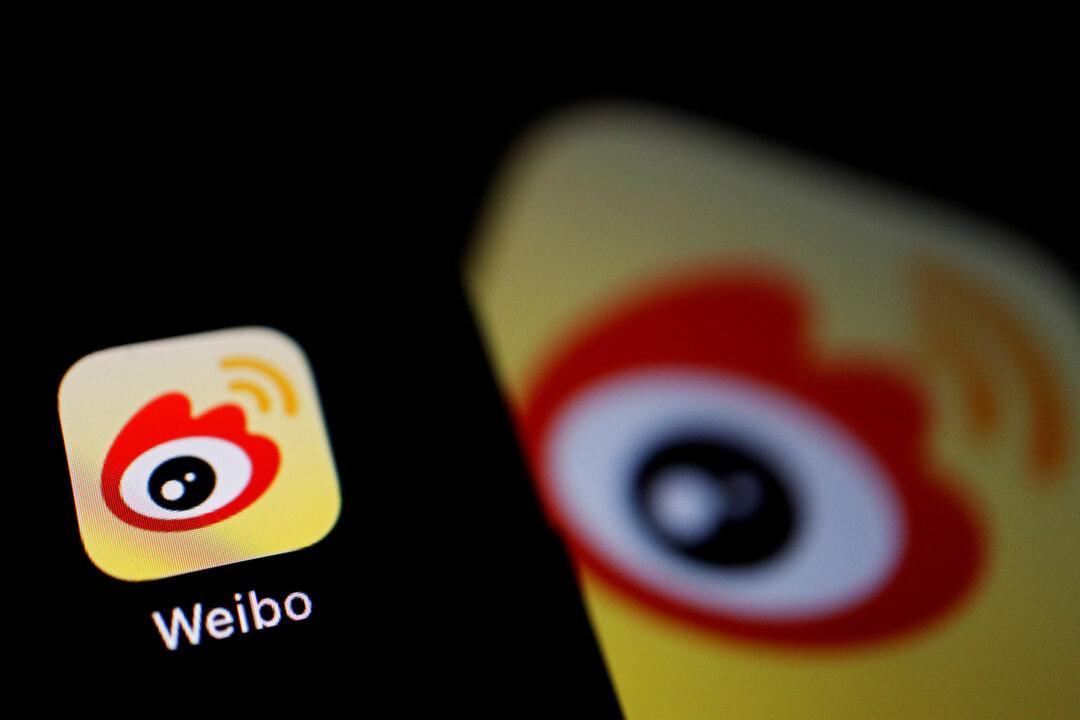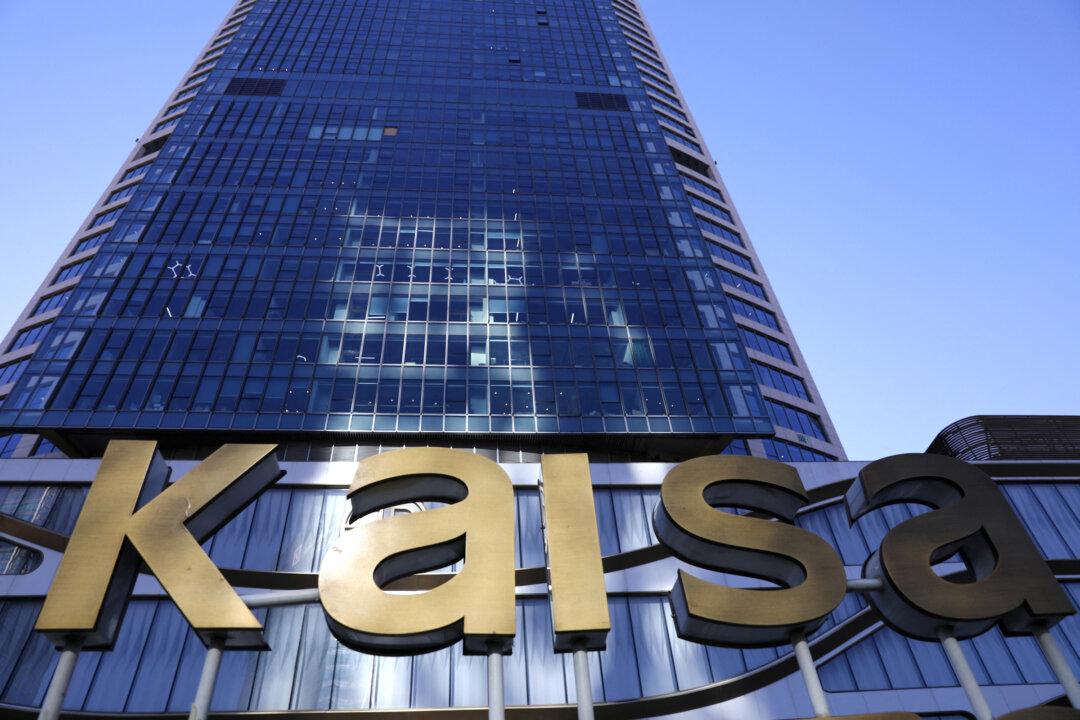Beijing once again warned the United States to stop meeting Taiwan officials, marking a new escalation of tensions over the self-ruled island the Chinese regime regards as its breakaway province.
The regime complained after Taiwan Vice President William Lai held a brief informal talk with U.S. Vice President Kamala Harris during a trip to Honduras, and a virtual meeting with House Speaker Nancy Pelosi during a stopover in the United States.




